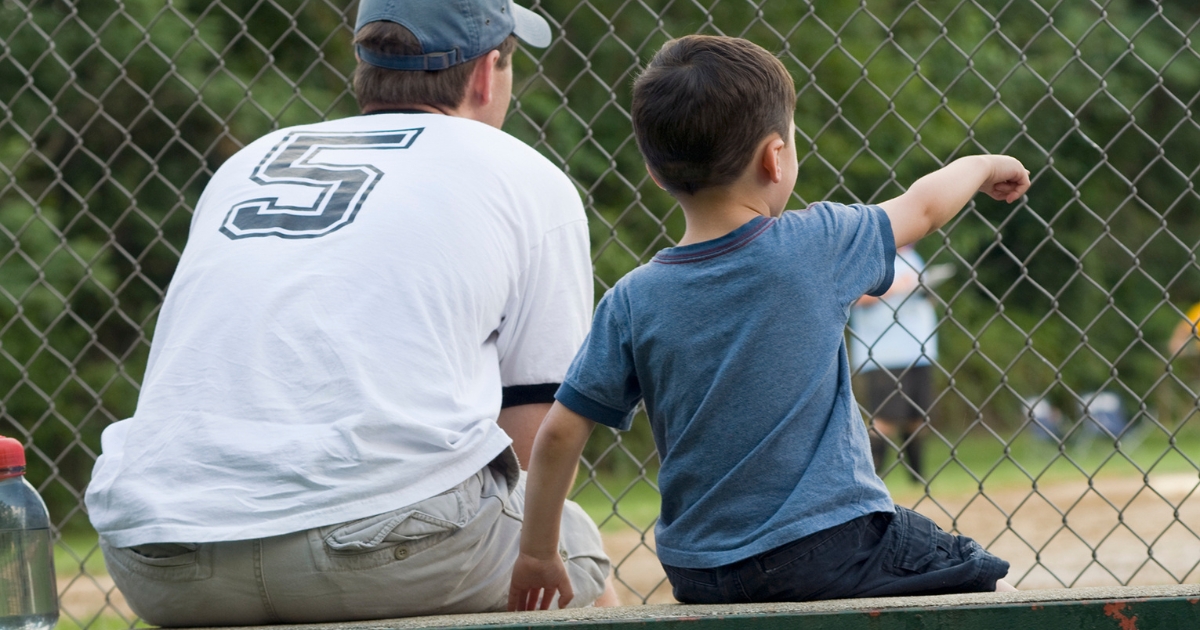When you think of sports, what comes to mind? Excitement, competition, athleticism? What if I told you that sports can also be an incredible learning experience for your homeschoolers? A field trip to a sporting event offers so much more than just cheering from the stands. It’s an up-close opportunity to teach lessons that go far beyond the game itself.
How? By harnessing the educational benefits of sports field trips, you can transform a day at the stadium or court into an engaging and memorable part of your homeschool curriculum. Let’s explore how experiential learning through sports works and how you can easily integrate these experiences into your educational plans.
Sports as a Gateway to Experiential Learning
First, let’s talk about experiential learning. This method emphasizes getting hands-on, engaging with the world, and learning by doing. It’s the difference between reading about gravity in a book and dropping objects to see it in action. When kids experience concepts in real-world settings, the lessons stick more deeply.
A field trip to a sporting event is a prime example of experiential learning. It’s not just a game; it’s a microcosm of effort, strategy, teamwork, physics, and culture coming to life in real time. Watching athletes perform at the top of their abilities gives homeschoolers a new lens to view skills like discipline, goal-setting, and persistence—all critical life lessons.
Plus, when kids are immersed in an environment filled with energy and excitement, their enthusiasm to learn skyrockets. The hands-on (or in this case, eyes-and-ears-on) approach fosters curiosity and sparks conversations that can last well after the game is over.
Exploring the Educational Benefits of Sports Field Trips
What makes sporting events such a treasure trove of learning opportunities? The list is long—and that’s what makes them so versatile for homeschool families. Here are a few key benefits:
- Real-World Lessons in Teamwork and Leadership
Watching players collaborate on the field is a clear representation of teamwork in action. Whether it’s a point guard setting up a basketball play or a soccer goalie shouting guidance to their defenders, your homeschoolers can observe how communication and shared effort lead to success.
Even leadership comes into focus when you see team captains or coaches steering their groups toward victory. After the trip, you can reflect with your child and ask, “What leadership qualities did you see today? What made a team more successful?”
- Math in Motion
Sports are a live demonstration of math concepts in action. From scorekeeping to player statistics, there’s no shortage of numbers to analyze. For older students, you could explore more complex math, like calculating batting averages or figuring out point differentials in basketball. For younger ones, simple tasks like counting goals or comparing scores become meaningful and fun.
Going a step further, physics is baked into every pitch, pass, or shot. Talk about the trajectory of a football, the speed of a baseball pitch, or the angle of a tennis serve—suddenly, physics feels less like theory and more like something exciting.
- History and Culture Through Sports
Sports often tell a story about culture, history, and even geography. For instance, attending a baseball game could lead to a discussion about the history of the sport, its cultural significance in America, or even famous figures like Jackie Robinson who paved the way for equality in sports.
Or maybe your family attends a soccer match featuring international players. This opens the door to talking about world cultures, traditions, and even global politics, as young students begin to see how sports can unite or divide people.
- Social Skills and Emotional Growth
One unexpected but significant benefit of attending sports events is the growth in social and emotional skills. Your child will observe how fans engage with each other—whether through cheers for the same team or respectful rivalries. Sporting events are also great for learning how to win (or lose) gracefully.
If you encourage your child to interact, they might meet other kids with similar interests, fostering confidence and new friendships. Discussing feelings after a closely-fought match can also help children process emotions like disappointment and joy, teaching valuable lessons in emotional resilience.
- Health and Wellness Perspective
Athletics provide a perfect entry point for discussions about physical fitness and health. Watching athletes perform at high levels can serve as motivation for kids to stay active. You can discuss the benefits of regular exercise, proper nutrition, and mental focus. Plus, attending a game could even inspire your kids to pick up a new sport or hobby that helps them stay healthy.

Integrating Sports Field Trips into Your Homeschool Curriculum
Planning an educational sports field trip isn’t difficult, but it helps to think ahead and connect it to your broader learning goals. Here’s a step-by-step guide to make the most of your time:
- Pre-Game Prepwork
Before heading to the sporting event, spend some time introducing your homeschoolers to what they’ll see. For instance:
- Research the sport’s rules and scoring.
- Discuss the teams that will be playing, including team histories or key players.
- Explore any connections to your curriculum, like math, physics, or cultural studies.
Create a few questions to guide their focus during the game. For example, “How many times does Player A pass during the first quarter?” keeps them engaged and observant.
- During the Game
While at the sporting event, encourage your kids to stay actively involved:
- Take notes or create a tally of stats.
- Observe player dynamics, teamwork, or even mistakes.
- Listen to the announcers as they often share interesting trivia or strategies.
Don’t forget to enjoy the atmosphere with them—part of the experience is soaking up the cheers, the energy, and the thrill that creates lasting memories.
- Post-Game Lessons and Activities
Once the game is over, the learning doesn’t stop. This is the perfect time to reflect and expand on what your homeschoolers experienced:
- Ask reflective questions like, “What was the most exciting part of the game?” or “Did any players show good sportsmanship?”
- Create projects such as researching a team’s history, designing a math problem using game stats, or writing a story from the perspective of an athlete.
- Go deeper into topics sparked by the event, such as learning about the physics behind a curveball or the geography of where the athletes come from.
- Tie it to Broader Homeschool Goals
Field trips shouldn’t feel like isolated activities. Instead, weave them into your homeschool objectives. For instance:
- If you’re studying math, focus on sports statistics.
- If your emphasis is history, research historical moments tied to a sport.
- Use the trip to explore character education topics like perseverance and respect.
Making Educational Sports Field Trips Affordable
One concern homeschool families often have is the cost of field trips. Sporting events can feel pricey, but there are ways to make it work:
- Look for local minor-league games, which are typically more affordable.
- Check if the venue offers student or homeschool group discounts.
- Consider attending less popular games or off-season events for reduced prices.
Even community-level games, like college sports or neighborhood tournaments, can serve as rich learning experiences—and they’re often free.
An Exciting And Engaging Package
A field trip to a sporting event is more than a day of fun; it’s a powerhouse of educational benefits wrapped in an exciting and engaging package. From observing teamwork on the field to crunching numbers in the stands, sports offer endless opportunities to connect the real world to homeschool lessons.
The best part? Your kids don’t feel like they’re sitting through another lesson. Instead, they’re immersed, inspired, and—most importantly—excited to learn. Next time you’re planning a field trip, consider adding a sporting event to the schedule. You might just discover that the thrill of the game is also the thrill of learning.




